Disclosure: This article may contain affiliate links. If you decide to make a purchase, I may make a small commission at no extra cost to you.
It has been quite some time since I last made an update about my diet or supplements on my blog. One of the main reasons is that not a lot changed for a while and there wasn’t really anything to update on. I feel that any frequent updates about ‘what I eat in a day’ would be more suited to YouTube.
So here I will just go through a quick rundown of all the supplements and medications that I am currently taking. I will also explain why I am taking them.
Vegan Supplements I Take To Stay Young And Healthy
Now Foods Multivitamin
Due to my fairly restrictive diet being on calorie restriction (1500 calories per day) and being a vegan, it’s not always possible to ensure that I reach 100% of the vitamins and minerals every day.
Ideally, I’d prefer a supplement that doesn’t overdo the B vitamins, but since I only take 1 of the recommended 3 capsules, it’s not so bad.
It’s mostly just your standard supplement but with a few extra things in there such as saw palmetto, aloe vera, grape seed extract, choline, inositol, trans-resveratrol, lycopene and lutein.
Now Foods makes two multivitamins that are very similar: Adam Multivitamin for Men and Eve Multivitamin for Women.
Those are both suitable for vegans, but you have to be careful because they also have versions that contain gelatin.
There’s not much else to say about this supplement. It’s simply included to ensure I reach 100% of my RDA for everything I need to stay healthy.
Now Foods Zinc Picolinate
I think it was somewhere around 5 years ago that I was just a few years into being vegan and started to notice some negative health effects.
For the first time in a very long time, I started to get constant acne (nothing worked to stop it), rough skin, diffuse hair loss, and my immunity seemed to be getting worse with frequent infections.
It took me just a few short months before I figured out what was going on. I had a zinc deficiency.
Of course, I had been taking zinc for many years since I started calorie restriction but for some reason, I had stopped (I have no idea why). I guess I just became complacent.
I don’t remember the exact details because it was so long ago now but I believe I started on something like 100 mg/day of Zinc Picolinate for a couple of months and then lowered my dose to 50 mg for some time. After several months I started taking it just every other day and have maintained that since.
The first effect I noticed was that within days of starting, my acne started to heal and new spots stopped appearing. Within 3-4 weeks, my skin felt a lot better again and I rarely if ever get any spots anymore. Other vegans have written to me since about how much zinc has helped their skin and I included a couple of comments in my review of zinc picolinate helping acne.
I also noticed that my skin did not get irritated anymore after I would shave. For perhaps a year or so, my neck was very irritated and I’d develop spots after shaving. This problem completely went away after taking zinc.
Another benefit from supplementing zinc was great immunity and not developing any viral infections for years. I was briefly sick with COVID for no more than 2 days before feeling totally fine again, but that was the first viral infection I had since 2016.
One of the last things I noticed that improved was my hair. It started to grow back in and wouldn’t break off so easily anymore.
So in summary, I take zinc for the following reasons:
- Zinc has significantly improved the health of my skin and hair
- It has significantly improved my immunity
- It gave me more energy and improved my sleep
- It helps properly balance out my zinc-to-copper ratio
Zinc is one of the supplements that vegans often overlook and it’s very important you get the right balance. Some studies show that close to 50% of vegans are low or deficient in this mineral.
Magnesium Glycinate
I usually get enough magnesium in my diet but I do find that taking some extra makes me feel calmer and improves my sleep. I have in the past had some issues with anxiety and symptoms related to it, and magnesium helped a lot!
Previously, I had been taking magnesium citrate, but I feel that magnesium glycinate is more tolerable in my stomach at higher doses.
I’ve not really noticed any other significant effects from taking it other than making me feel more relaxed, lowering anxiety symptoms, and improving sleep. There is some evidence that magnesium does have some health benefits.
I take around 250 mg per day and mix it with water. I also throw in beta-alanine and creatine.
Magnesium Glycinate Supplement
Vitamin C
I already get plenty of vitamin C in my diet and in some in the multivitamin as well, so why am I taking it?
One reason is that it helps prevent iron deficiency. I take it closer to mealtime to help improve iron absorption. Taking 100 mg of vitamin C may improve iron absorption by up to 67% according to one study [1].
Based on a series of blood tests that I’ve done since going vegetarian and then vegan, my iron levels have been consistently decreasing to the bottom end of normal.
Vitamin C may also act as a stress buster by lowering levels of cortisol after a stressful event when given in doses up to 1000 mg [2].
I have noticed a lowering of heart rate when taking ascorbic acid during stressful times.
MK-7 Vitamin K-2
One of the obvious negative effects of calorie restriction is having a low body weight and potentially being more susceptible to broken bones and fractures. Maintaining bone quality and strength is something that I believe is very important for someone on CR.
MK-7 has been shown to have the highest bioavailability in humans and has been shown to improve and maintain bone quality and strength [3].
Taurine, Beta Alanine, Creatine
None of these are essential to take if you’re on CR or are a vegan but there is some evidence that they may be beneficial. I have to thank Michael Rae for his excellent post on why vegetarians and vegans should consider these supplements.
Below I will just summarize some of the reasons and potential benefits.
Taurine
Some of the main sources of taurine are animal foods such as meat, fish, and dairy. These being all excluded from the diet, you have to produce taurine, but one of the precursors to that is methionine – which we know is fairly low in a vegan diet as well.
Compared with omnivores, urinary levels of taurine were less than half of omnivores, while plasma and breast milk levels were slightly lower [4].
Taurine may also lower the level of advanced glycation end products (AGEs) in vegetarians and vegans. Previous studies have shown that vegetarians have higher plasma levels of AGEs compared to omnivores.
AGEs play an important role in the aging process, increase the risk of health conditions, and impair the normal function of various tissues in the body.
Benefits I’ve noticed
- Improved sleep
- Helps with tinnitus when there’s a spike in loudness
- Provides a relaxation effect at higher doses (2 g)
I usually take 1000 mg of taurine per day but sometimes more.
Beta-Alanine
Beta-alanine is a non-essential amino acid but might be beneficial for vegans to take due to them having lower levels of carnosine content in their tissues. One study found that vegetarians had 26% less carnosine content in the calf muscle compared to omnivores.
As might be the case with taurine, no carnosine in the diet might it be the reason why studies have shown higher levels of AGEs in people eating a plant-based diet. Over the long term, this could have negative health implications.
Something else to consider is that carnosine also has powerful antioxidant effects, reduces cellular damage, as well as preventing and reversing the folding of damaged proteins.
So how do you increase the level of carnosine in tissues? Well, we know that beta-alanine is the rate-limiting precursor for the synthesis of carnosine, and according to recent studies, ingestion of beta-alanine increases carnosine content of human skeletal muscle by up to 80%! [5].
Beta-alanine has also been found to increase exercise capacity, especially in high-intensity exercise. Therefore it’s often used as a supplement by many athletes.
I take 1000 mg per day.
Creatine
A vegan diet does not contain creatine, but it can be synthesized from its precursors, therefore it’s not essential on most vegans’ supplement stack.
Plasma and tissue levels of creatinine in vegetarians have been found to be significantly lower than people eating an omnivorous diet. One study examined the effect of a 21-day lacto-ovo-vegetarian diet (LOV) on creatine levels and found that it was effective at reducing levels in plasma and tissues.
While on the LOV diet, a creatine supplement essentially increased plasma and muscle stores of creatine to similar concentrations as those eating the omnivore diet [6, 7].
Creatine may offer potential benefits such as:
- Increased weight-lifting capacity
- Increased memory performance and intelligence
- Reduction and normalization of homocysteine levels [8]
- Increased skin functional capillary density and cutaneous microvascular vasodilation [8]
- Animal evidence suggests it reduces the accumulation of lipofuscin and increases the period of life without disease
Some supplement brands may contain impurities with their product, so you are best off going for something like Creapure Creatine. The one I use is Reflex Nutrition Creapure Creatine Powder.
Glucosamine Sulphate 2Kl
Glucosamine is not an essential supplement but it has an excellent safety profile and has been used for a very long time in the health industry for improving joint health — but with mixed results.
Recent research suggests that glucosamine has significant benefits beyond joint health though. One study in mice shows that glucosamine may act by mimicking the effects of a low carbohydrate diet and extend lifespan [9].
In a cohort study involving over 495,077 people, regular glucosamine use was associated with 15% lower risk of total mortality and 18% for cardiovascular disease, 6% for cancer, 27% for respiratory, and 26% for digestive disease mortality [10].
Another study published in 2020 showed that regular use of glucosamine/chondroitin may be as effective as exercise for health and reduced mortality by 39% [11].
(Note: There are vegan sources of glucosamine but chondroitin is not suitable for vegetarians or vegans).
Glucosamine may also help keep you looking younger too! Regular use of glucosamine (250 mg) was found in one trial to increase expression of CD44 and collagen type IV, the epidermis GAG level, and collagen type I synthesis by 8 weeks.
After 8 weeks, they noted further improvements with increased mRNA levels for vimentin, fibromodulin, biglycan, xylosyl transferase, hyaluronan synthase, collagen types I and III, bone morphogenic protein-1, and decorin (all p ≤ 0.05) [12].
I take 1000 mg per day.
Glucosamine 2Kl Supplement (UK)
Beta Glucan
Beta Glucan has been studied extensively for its effects on how it may support the immune system.
I’ve written about Beta Glucan supplements a few times before, so I won’t write too much here other than to say that it’s one of my favorite supplements, and I’ve been using beta-glucan derived from yeast and AHCC for over a decade. Sometimes I will stop taking it for a while, it depends on the situation.
If you want to read more about the benefits of beta-glucan or AHCC, check out the following links:
Choosing between AHCC and Beta Glucan
What are the benefits of AHCC?
Kwao Krua Kao
This supplement is probably the least well known in the West but in Thailand, it is popular for having rejuvenating effects in both women and men.
Due to a lack of standardization, the quality and effect of different brands and supplements can vary significantly. And the concentration of active ingredients such as miroestrol and deoxymiroestrol depends on where in Thailand it was grown.
Those two main active components mentioned above are classed as phytoestrogens and are responsible for most of Kwao Krua Kao’s beneficial effects. Miroestrol is thought to be similar to estriol, which is a weak estrogen [13].
CAUTION: Men should not use this supplement if they wish to avoid the potential for unwanted side effects. Many supplement formulations (500 mg +) contain high doses of the active phytoestrogens, and these levels can cause feminizing effects due to their affinity for both ERalpha and ERbeta hormone receptors.
I’ve noticed many effects:
- Much smoother skin all over; smaller looking pores and less oily face
- Thicker and faster hair growth on my head
- Slower body hair growth
- Lack of significant body odor (may indicate reduced testosterone)
- Lower libido
- Improved mood and concentration
Evidence of health benefits
According to research, low doses between 25-100 mg may help improve bone health and prevent osteoporosis. Studies in monkeys have shown it effectively maintains bone density and quality [13].
One study shows that the supplement can increase levels of glutathione, superoxide dismutase, and catalase to normal levels in those deficient or low in estrogen [14].
Studies show that 17-α-estradiol (non-feminizing estrogen) in male mice significantly increases lifespan. However, it’s speculation that potent phytoestrogens such as miroestrol – which is similar in its activity to estriol – can have a similar effect. One thing to note is that one of the strongest metabolites altered (increased) was estriol‐3‐sulfate [15].
Allicin Max
I’ve used allicin (organosulfur compound derived from garlic) since around 2009 for protection against viral and bacterial infections, as well as general immune system support.
I have not been ill from food poisoning or norovirus while I’ve been taking allicin — in fact, every time I feel a stomach bug coming on, I take 10 capsules and repeat 2-3 times a day. Within hours I feel better and it always seems to work without fail.
I have written an article about allicin and its effects on health, so check out the links below.
Anecdotally speaking, it’s worked extremely well for my family for many kinds of infections (both capsules and cream).
General health benefits of garlic
What are the best garlic supplements and why?
L-theanine
L-theanine can be found in green tea, but to get a significant amount, you’re going to need to drink quite a lot. An easier way is to simply take a supplement.
When I take theanine, I find that it produces a subtle calming effect shortly after taking it, and that the effect lasts for around two hours. I mainly take this supplement a few hours before going to bed at night.
Some studies suggest that l-theanine can help reduce blood pressure when under stress.
Probiotics 30B CFU
I have a history of taking prolonged low dose doxycycline as well as some other antibiotics over the years, so the reason I started taking probiotics was to try to improve gut health.
While diet can change gut microbiota in a beneficial way (I do notice a difference from what I eat), I have also consistently noticed improved appetite when taking probiotics.
I take 1 capsule per day.
Healthy Origins Probiotic Supplement
Finasteride
In order to significantly reduce DHT levels (a powerful androgen that causes hair loss), I needed to find an effective 5-alpha reductase inhibitor to prevent the conversion of testosterone to DHT.
Large-scale clinical studies show that reducing DHT with finasteride can help stop and even partially reverse male pattern baldness in many men.
Dietary supplements can be somewhat effective, but they are not nearly as effective as medications such as finasteride. So I started taking finasteride around the end of 2016.
My father has male pattern baldness that started in his 30s (and my grandfather), so that’s why I preemptively started taking finasteride (Propecia).
I also think that testosterone and DHT both accelerate aging, but that’s something I won’t discuss here as it deserves a whole article by itself.
A small word of caution: Finasteride can cause unwanted side effects in a small number of men, due to its inhibitory actions on DHT production. The drug is generally considered safe, but please do your research, speak to a doctor, and make informed decisions before taking any medication. Finasteride isn’t prescribed for use in women or children.
Let me know what you’re taking to improve your health and longevity!
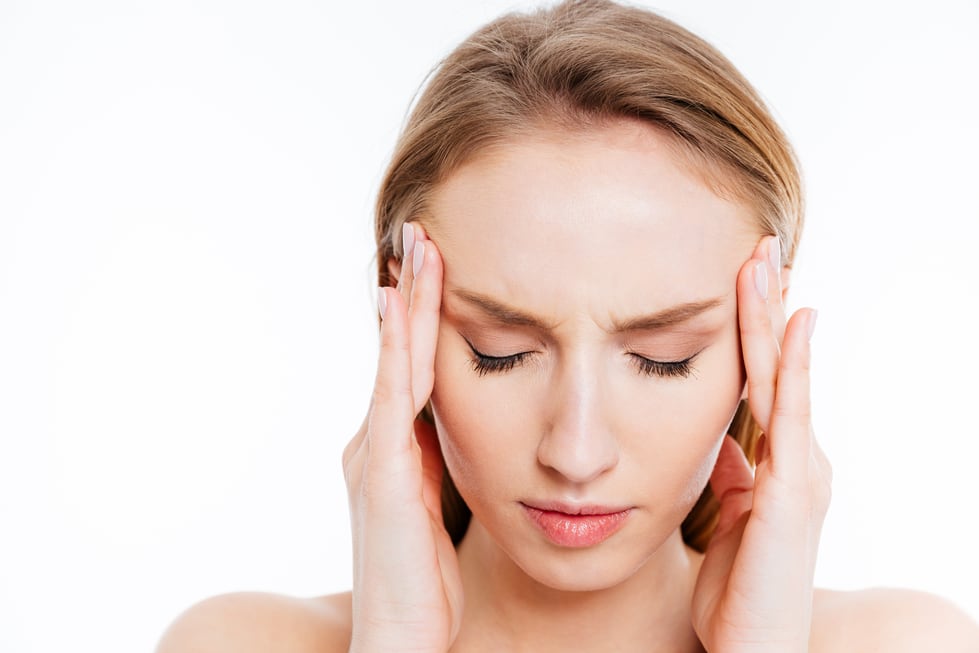
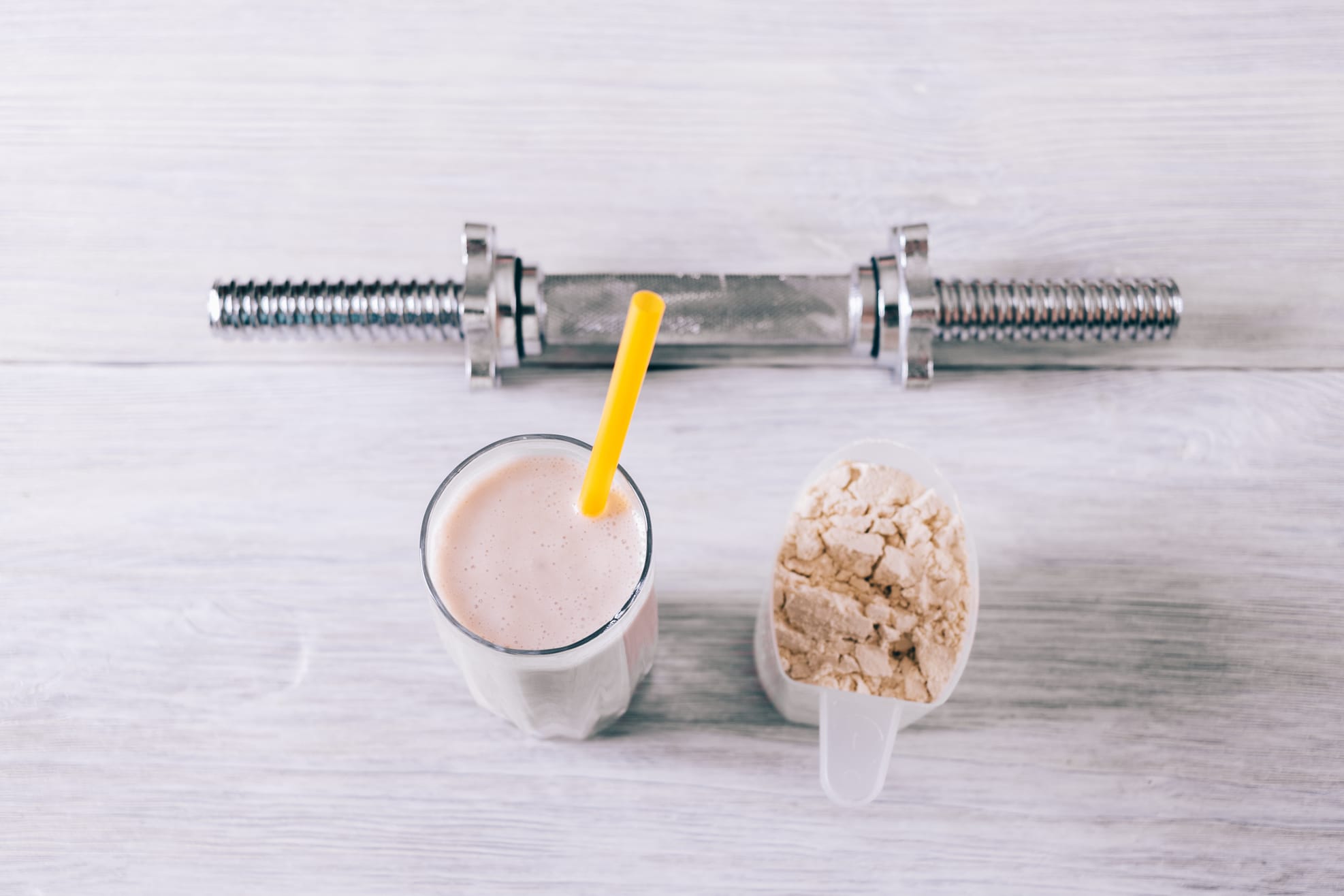
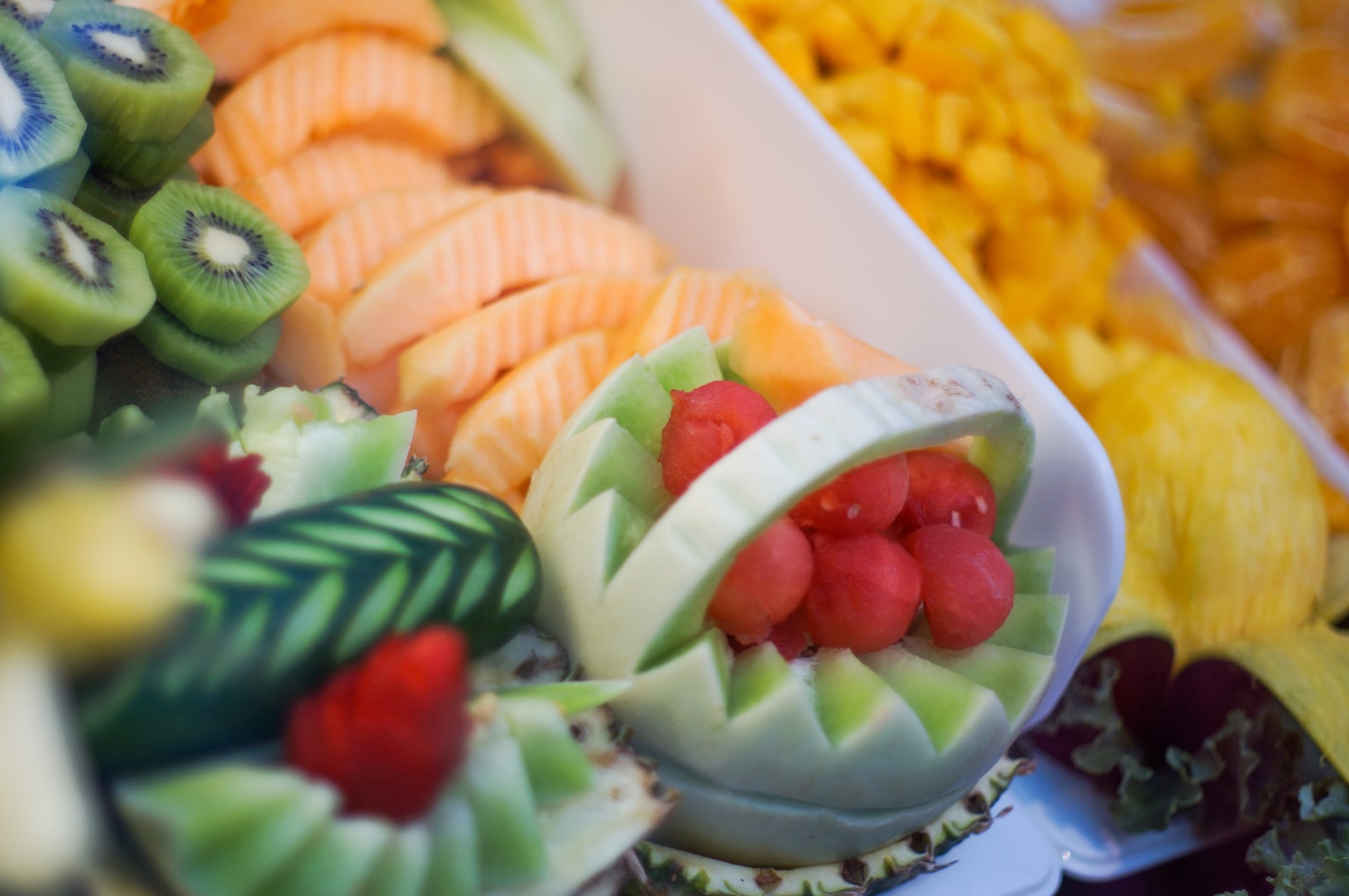
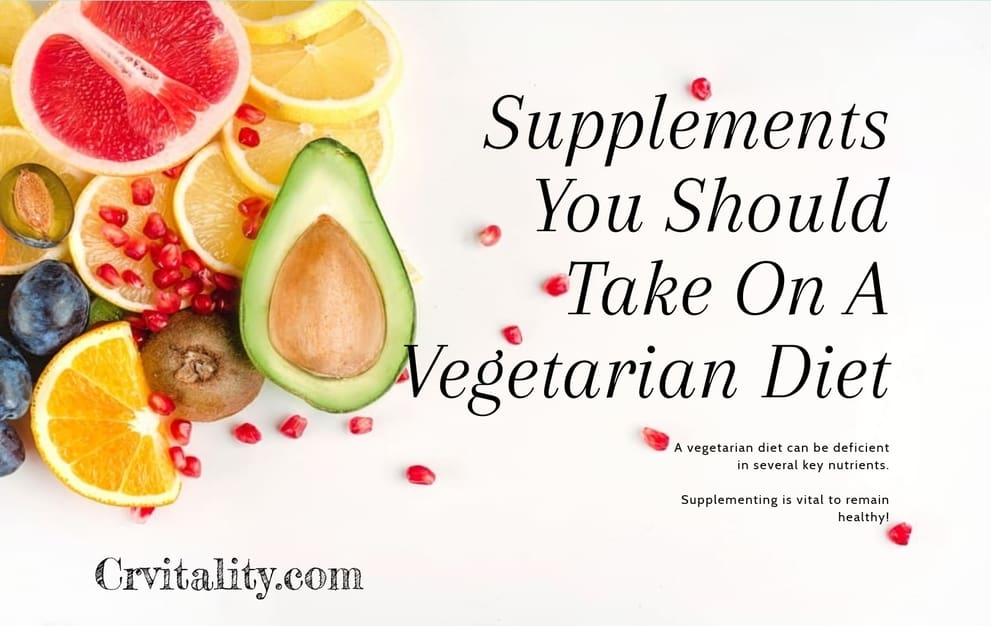
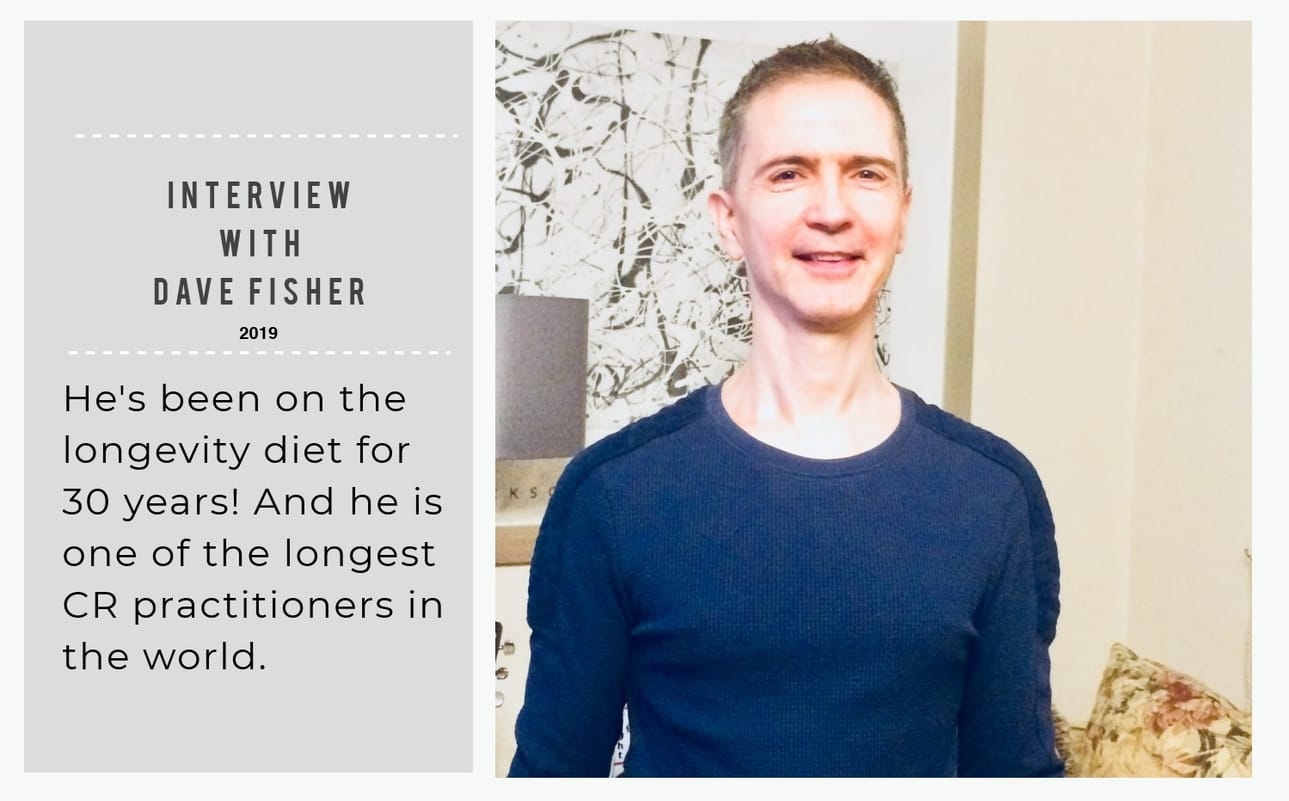
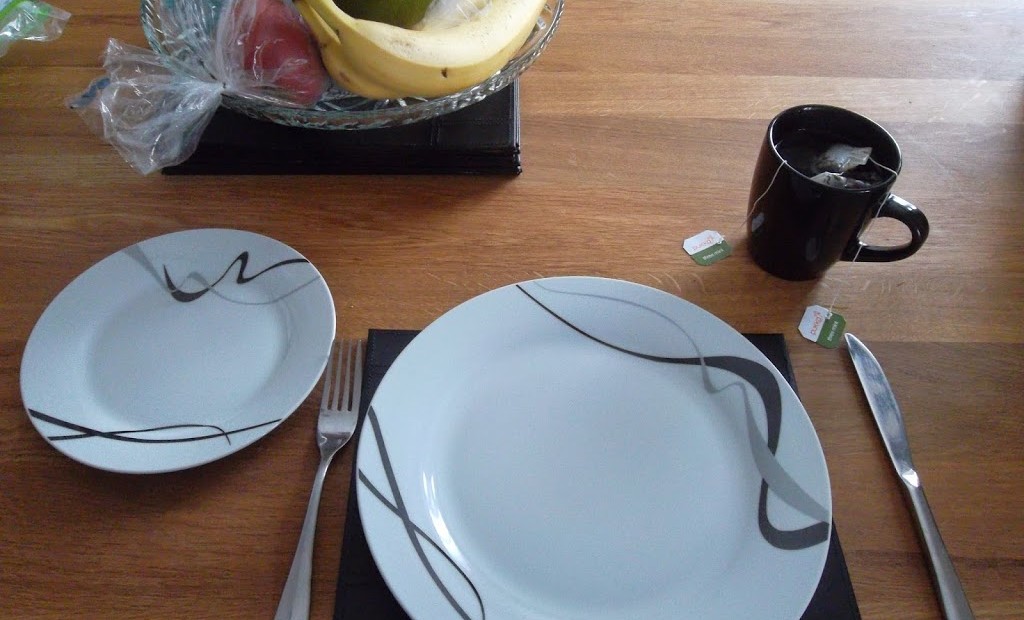
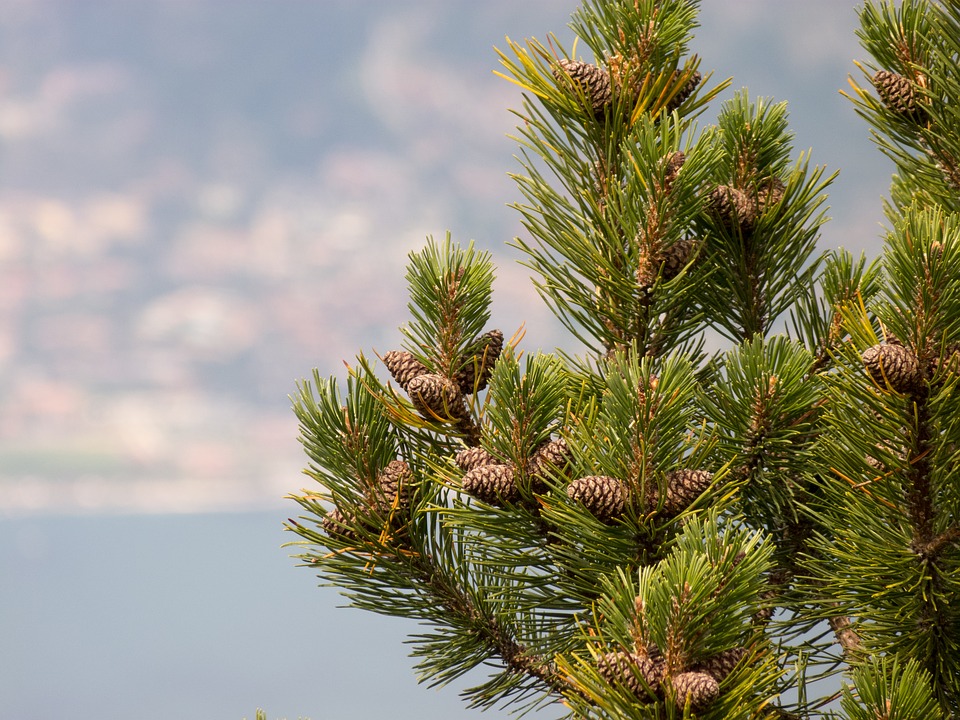
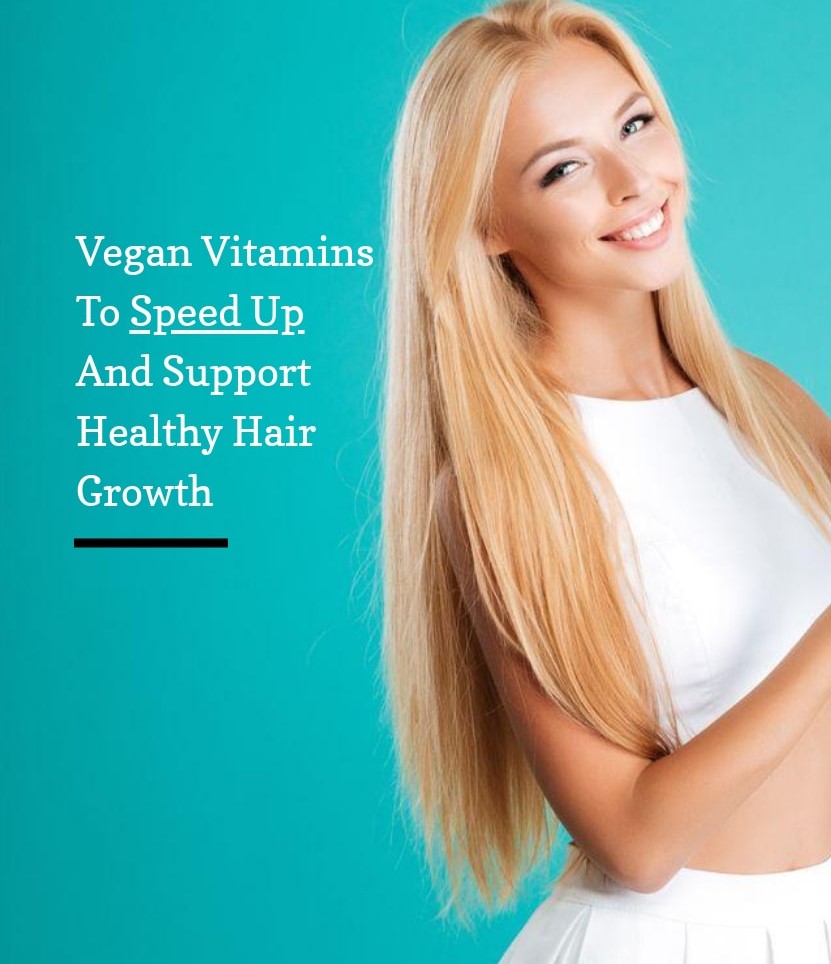
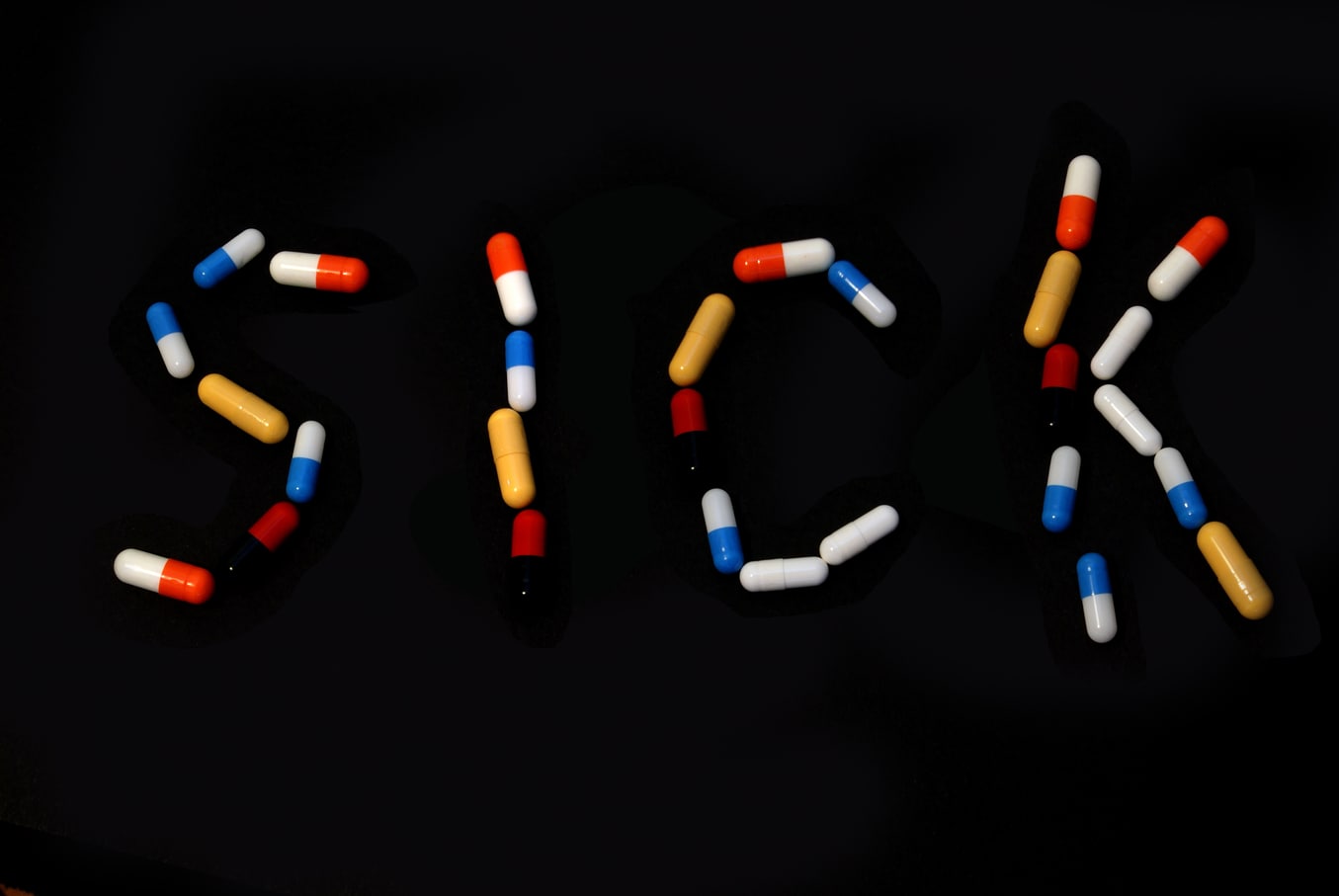
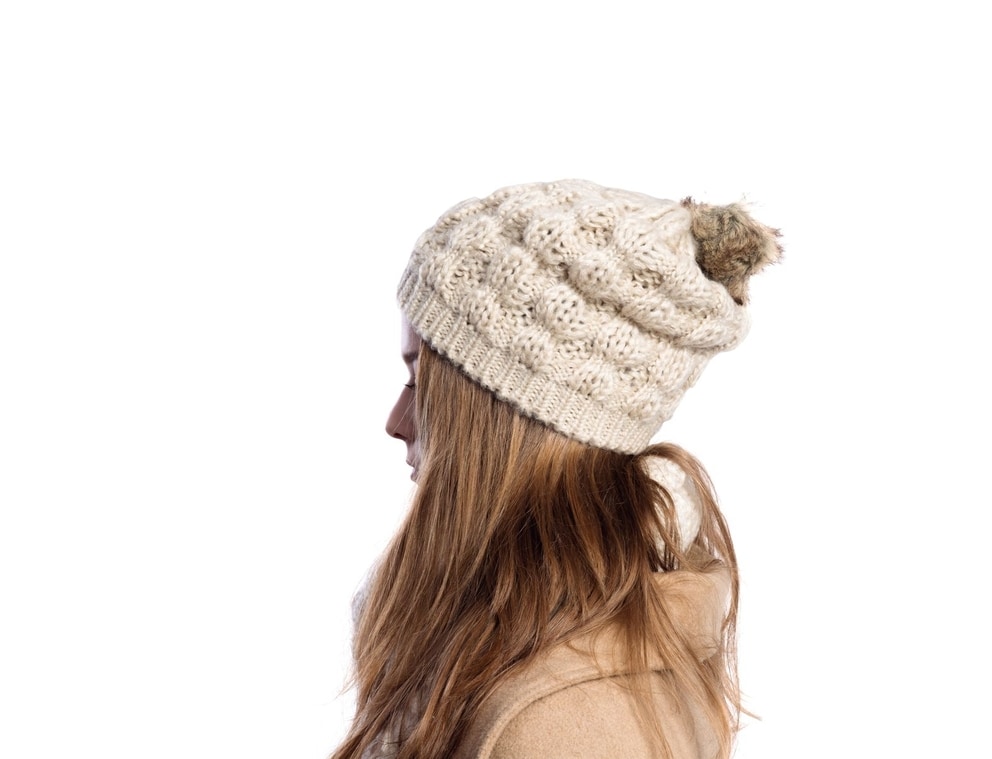
Hi Matt,
Hope all is well.
I found this post very informative and equal parts overwhelming. There is certainly much to consider and much to take in as it relates to all of these supplements. This gives vegans and people on CR an effective overview most certainly. I will use it as a guide as I start incorporating supplements worthy of inclusion.
However, I had some brief questions that I wanted to ask just for some clarification.
Some of the supplements used you haven’t linked to (Kwao Krua, for instance). Are lower dosages of this 25-100 mg) part of you daily rotation? If so, would it be possible to ask which one you use and whether you plan to take this indefinitely despite some of the caveats outlined?
As for fineasteride, do you obtain this via prescription? I’ve struggled to get access to it as someone who doesn’t suffer hair loss (also in ten UK), but I’ve considered taking preemptive action.
Thank you for updating the blog and thank you for taking the time to review my comment. It is much appreciated. Had been checking in rather frequently, hoping there would be an update soon. 🙂
Best wishes.
I take about 500 mg / day of Pueraria Mirifica (Kwao Krua) and have no plans to stop taking it. As for finasteride, yes, I get a prescription from Lloyds Pharmacy in the UK. No need to see a doctor, just got to fill in a little questionnaire on the website. Fairly easy to get even if one doesn’t have hair loss. When I started using finasteride, it never caused any side effects at all.
Thank you for your response. Really appreciate your input. I’ve learned so much from reading your blog and the benefits of CR.
I didn’t expect you to take that high a dose daily of Pueraria Mirifica. May I ask where you source yours from? I’ve been reading up on this herb further since discovering it and it seems my concerns could possibly be alleviated by your own experiences using it, not to mention the benefits derived. Those outlined in your blog post certainly appeal to me (healthier skin and hair and less body hair) as a male. There isn’t much information out there about males having used it long-term. At this dose though, should I not be cautious about potential physical changes, most notably those relating to breast enlargement and signs gynaecomastia with long term-use for a male? It might be a case by case, but what is your take on this?
As for finasteride, I assume you take 1 mg daily?
I was also curious if you do any physical exercise weekly outside of the activity you get from VR? Ever since the pandemic, I’ve been trying to do more body weight exercisers and improving my strength that way combined with light cardio. I try not to overdo it as that too has its negatives.
Once again, thank you for your time for responding.
Thank you for reading the blog! 🙂 Glad it’s been helpful.
There are many PM supplements out there you can choose from but I’ve found that many do not have any noticeable effects at all.
Based on a study I came across before (don’t have reference right now), the amount of phytoestrogens and the estrogenic effect is dependent on where the plant is grown in Thailand. This is the one that I take specifically.
There has definitely been a noticeable change in how my skin feels and looks for sure. And the hair on my head has improved, while body hair has decreased by a lot but this effect took months.
The effects you see will be dependent on the dose and what else you’re doing with regards to supplements and diet. For example, taking finasteride, which inhibits DHT, might increase the odds of experiencing more significant effects from the supplement than if you were not taking finasteride (I take 1 mg per day of fin).
And yes, you have to watch for physical changes such as fat redistribution, breast growth and all of those estrogenic effects. It is surprising how potent the supplement is and it’s why I advise males especially, to avoid the supplement as it can have mild feminizing effects even at low doses when used over months to years.
There are not a lot of studies you’re right, I think I’ve probably read everything on PubMed on it and some other articles. You can do searches with the names of the actual phytoestrogens themselves and come up with more results to look into.
It is going to be case by case thing, and I can’t say for sure at what dose and how long it will take to give a certain result. If someone has a high level of testosterone and DHT, then perhaps the effects would be minimal at the dose I take. But I suppress testosterone with CR, spearmint tea, finasteride, and the feedback loop from the phytoestrogens in PM causes lower T and DHT — as well as having estrogenic effects.
Just don’t underestimate the estrogenic effects it has. Not all PM supplements are potent, but I have found from experience that this one is.
As for exercise… yeah, it’s mainly VR, but the workouts can be pretty intense and my fitness is quite good from doing it. I do some yoga as well. Ever since the pandemic, I’ve gone out less than usual, so I’m not going for longer runs anymore. I really should’ve done that while it was summer but I’ve been lazy in that regard lol.
Thank you for your response and your insights. I have much to consider and think it’s best to hold off on PM for now, for as disappointing as that is. Short of finasteride, is there anything else I should consider instead that would be more suitable in your opinion? 🙂
Ever since I started following your work, I have certainly incorporated spearmint tea and licorice tea in my routine and hope they’ve had some impact (though it wouldn’t be substantially apparent) as I consider the idea of using finasteride. I’m 33 and vegan.
In that sense with PM, I’d ask, given all synergistic actions you’ve taken in warding off DHT combined with lowering T levels, have you experienced any of those physical changes yourself (minor or not) that you consider to be red flags? My assumption is that you haven’t since you intend to continue usage. I suppose CR unto itself helps maintain a consistent weight and BMI long term without weight fluctuations, which also in my opinion contributes towards those practicing it looking younger than those that weight cycle for one reason or another (unless physical changes by way of hormonal changes are different in this instance).
While I know there haven’t been many changes to your diet, is it possible to get your input on grains, particularly oats, which is among the healthier kind? Is it something that figures into your diet? I know you’ve written about its advantages in the past but was wondering if you’ve changed your tune on it since? These days, I gravitate more towards healthier seeds, nuts, fruits, vegetables and legumes (peas, chickpeas and lentils) while not overdoing my protein intake considering the impact that has on IGF-1 levels, which I learned here 🙂
Looking forward to your next post.
Yeah, messing with hormones is definitely something you really have to take seriously as it can have a lot of effects (positive or negative). As for something else more suitable, it really depends on what you’re trying to achieve…
Spearmint tea and a bit of licorice tea will have a modest effect for sure. Definitely not as powerful as finasteride or PM, though.
A lot of people take finasteride and they do fine with it. It’s put my mind at ease about not losing my hair lol. It caused no obvious big side effects for me and I had started it years before PM, so I was on it enough to time for them to become apparent, but had no issues. But my hair did get thicker on my head and I experienced some regrowth near the front and sides.
Yup, they have all been very synergistic and more powerful than I thought they’d be. And yes, I have seen some feminizing effects from the supplements, particularly PM. I’m fine with it. I have experimented with higher doses of 1000 mg and the effects become stronger and given enough time at this dose they’d probably become more apparent to others and not so subtle at such doses.
My weight has been very stable and I do believe that helps to stay young looking 🙂 I think it’s better to maintain a low BMI and stay that way from a young age for the best results.
As for grains, I do eat them but there are probably better choices. I’m not against eating them… I have oatmeal most days, just simply Quaker rolled oats (I guess steel cut oats would be better for blood sugar, but it’s probably marginal).
I’ll make a post about my diet again very soon. 🙂
Your new blog article was very good. I personally would love an update on what you eat in a day! For instance, has your diet changed in these times? Have you made any adjustments?
The recommendations for a multivitamin and K2 are very helpful. I also want to get a good beta glucan.
For those males that dont want to take Finasteride at this time, would soy milk be helpful? Are there foods that might help combat DHT?
Thank you! Keep writing. I have a personal comment. There is so much talk of disease in the world, that reading this article focusing on health was like health food itself.
Hi!
Soy milk could be somewhat helpful, but it is is nowhere near as good as finasteride. It’s not even close to the same level of effectiveness in hair loss prevention and helping regrow hair that’s been affected by DHT.
My diet is mostly the same as before, it’s too boring to keep sharing but I don’t mind doing a quick update on it this week. 🙂
It is rare that you are not taking NMN, Fisetin or Apigenin.
I’m considering using fisetin at some point… I drink quite a bit of chamomile tea, which contains apigenin, right? NMN is too expensive and I already do CR and I’m in my 30s… not sure it’s worth it yet.
Hi Matthew,
Hope you are doing well.
I am just writing to ask where it would be possible to reach out to you and get answers to unanswered questions? I respect and appreciate if you aren’t monitoring the comments sections as a result of other commitments and priorities, but my best options is to simply ask. I do not use Facebook and have preferred engaging with your content directly through your website in the past.
May I ask through what means I can reach out to you?
Go ahead and ask here in the comments if you want. Alternatively, you can use the contact form and email me and I’ll respond through that. Up to you! 🙂